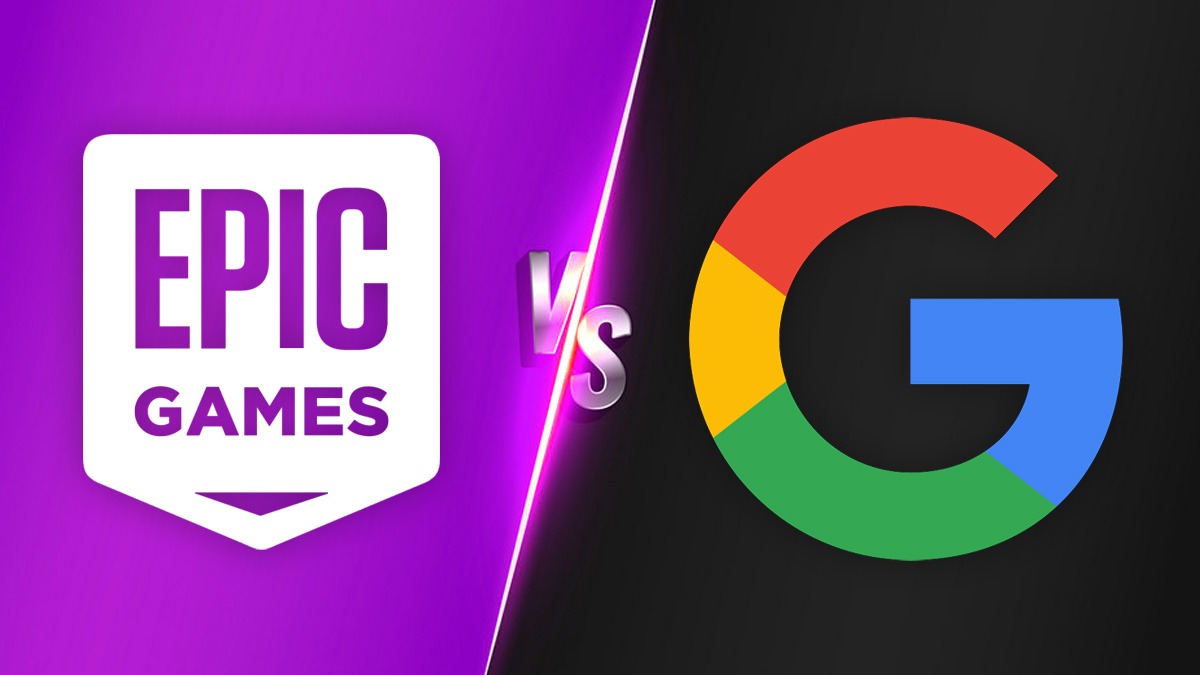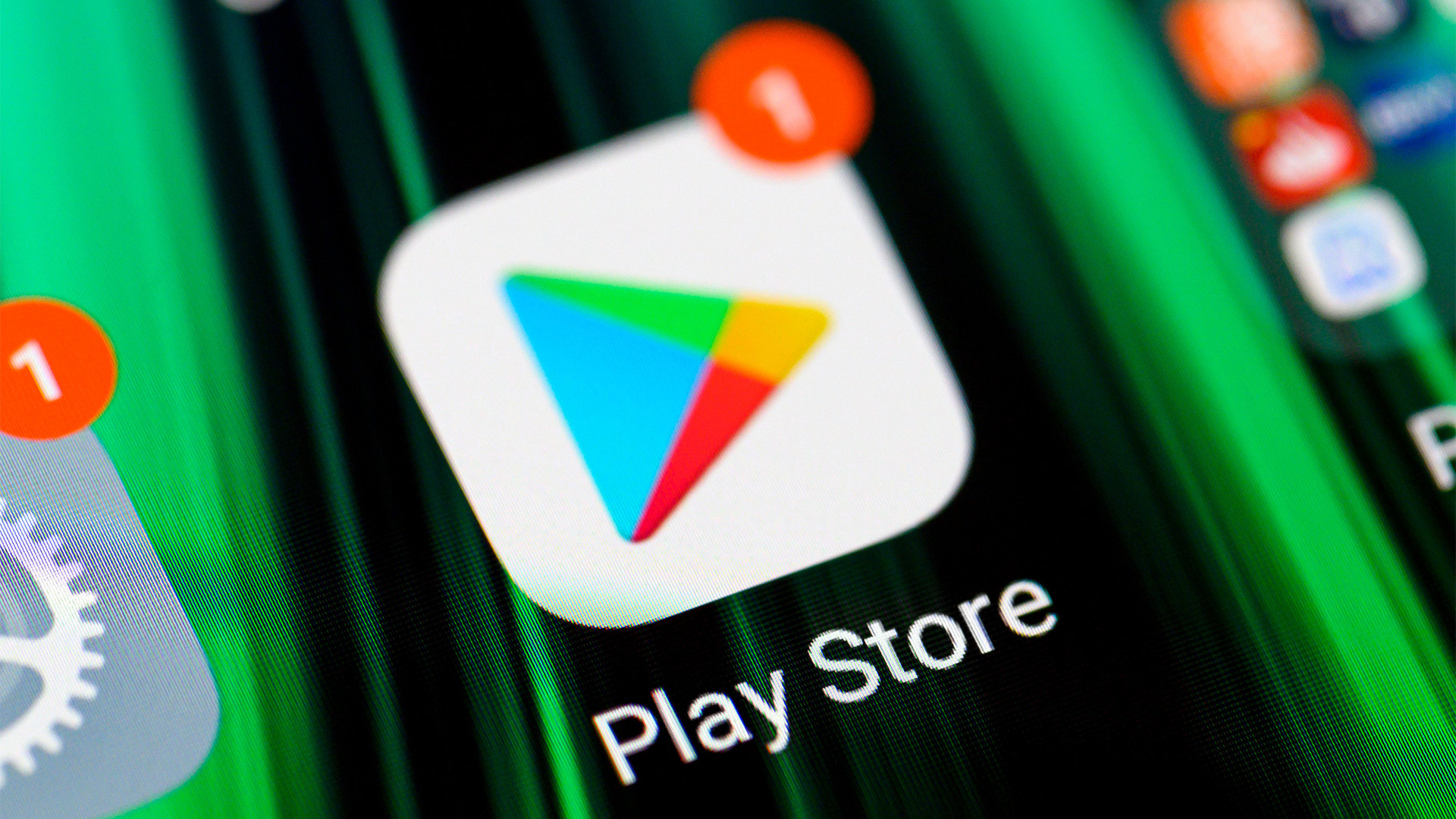
The mobile app ecosystem is poised for significant change following a landmark ruling that obliges Google to allow competitors into its Play Store. This decision marks a critical victory for Epic Games in its lengthy legal battle against the tech giant, setting the stage for a more competitive landscape in the app distribution industry.
On October 8, 2024, U.S. District Judge James Donato ruled that starting November 1, Google must carry third-party Android app stores within the Play Store and provide unrestricted access to Google Play's extensive catalogue for these competing marketplaces. This ruling follows Epic Games' original 2020 antitrust lawsuit which began as a challenge to app store fees and practices.
The ruling allows Epic and other developers to circumvent the hefty 30% commission that Google typically takes from app sales. According to Epic Games CEO Tim Sweeney, this decision is a monumental step forward in allowing better choices for consumers as it will lead to an expansion of what is available through Google’s platform.

In addition to allowing third-party app stores, the ruling prohibits Google from entering into exclusive deals that prioritize certain companies over others when launching applications. Such changes are intended to foster innovation and diversity in the app marketplace and could reshape how developers engage with both users and Google itself.
Moreover, for the next three years, Google will not be able to require apps distributed through its Play Store to use Google Play Billing, a method that has often sparked criticism for its lack of developer flexibility. These regulations aim to level the playing field, allowing potentially smaller developers to operate without the burden of unjust fees.
As expected, Google has announced its intention to appeal the ruling, stating that these adjustments could threaten user privacy and security. The tech giant argues that the introduction of third-party app stores could lead to a fragmented ecosystem that compromises the user experience and overall safety for consumers who rely on Google's standards.
From Epic Games' perspective, the company views this decision as crucial for the future of app distribution. Sweeney expressed optimism about the expected arrival of competing app stores, which he claims would empower both developers and consumers. This legal battle has seen significant media coverage and has sparked interest in how antitrust laws may reshape internet practices more broadly.
While this ruling primarily affects Google, its implications could also extend to Apple. Epic Games’ battle with Apple, still pending in various courts, is crucial in determining how both giants will adjust their policies and practices in response to regulatory pressures and consumer demands.
In summary, the upcoming changes in the Google Play Store could not only redefine the app distribution landscape but also serve as a model for how other technology companies approach competition in our increasingly digital lives. As developers prepare to pivot their strategies and consumers await new options, all eyes will be on how this shift plays out in the coming years.




.webp)

